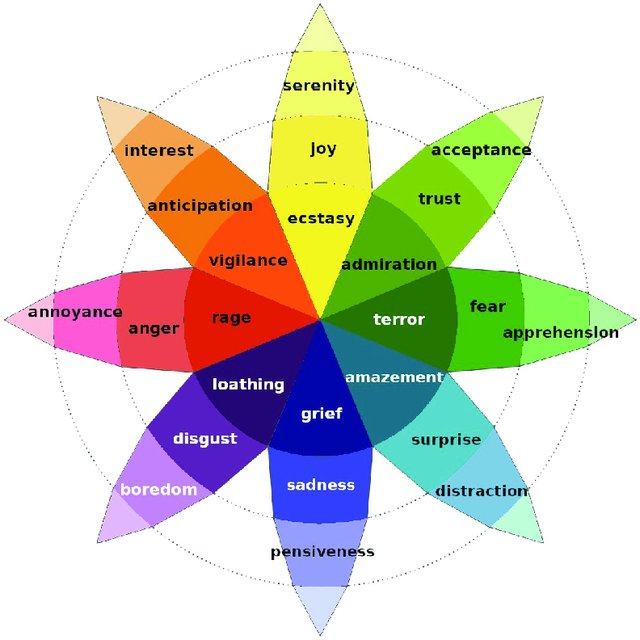Many people mistakenly believe that grief is a single emotion, but normal grief is actually a powerful, multifaceted, and often uncontrollable response that human beings experience following a personally painful or traumatic event, such as the death of a loved one. Grief can affect us not only emotionally but also physically, mentally, and even spiritually. When you are […]
Facilitating Troubled Teens to Realize and Express Angry Feelings Many teens get into misfortune because of an inability to aptly discharge feelings of extreme anger. Teenagers become angry for countless reasons and direct these feelings in a multitude of ways, but all have in common the struggle of feeling a painful emotion and not knowing[…..]
There are many different types of emotions that influence how we live and interact with others. At times, it may seem like we are ruled by these emotions. The choices we make, the actions we take, and the perceptions we have are all influenced by the emotions we are experiencing at any given moment. Psychologists have[…..]
If you’re grieving the death of a spouse or close family member, now isn’t the time for major life decisions. The death of a loved one is among the most stressful events a person can experience, according to the Holmes-Rahe Life Stress Inventory, also known as the Social Readjustment Rating Scale (SRRS). Given the emotional and physical toll a death can have[…..]
Cognitive distortions are negative or irrational patterns of thinking. These negative thought patterns can play a role in diminishing your motivation, lowering your self-esteem, and contributing to problems like anxiety, depression, and substance use. Cognitive behavioural therapy (CBT) is an approach that helps people recognize these cognitive distortions and replace them with more helpful, realistic thoughts.[…..]
We all experience anger. When managed correctly and kept in check, anger can be a positive thing—a red flag that something’s wrong, a catalyst for change, a good self-motivator. But if not handled properly, anger can turn destructive and negatively impact your health and relationships. Because anger is such a powerful emotion, dealing with it can be[…..]
Failing to manage your anger can lead to a variety of problems like saying things you regret, yelling at your kids, threatening your co-workers, sending rash emails, developing health problems, or even resorting to physical violence. But not all anger issues are that serious. Instead, your anger might involve wasting time thinking about upsetting events,[…..]
Anger management and stress management work in similar ways. One reason for this is that anger and stress both have a psychological component so they can be managed psychologically. Both emotions can affect us in very negative ways, mainly if left unmanaged, and that is why it is essential to understand their relationship. Factors That[…..]
Anger is an intense emotion you feel when something has gone wrong or someone has wronged you. It is typically characterized by feelings of stress, frustration, and irritation. Everyone feels anger from time to time. It’s a perfectly normal response to frustrating or difficult situations. Anger only becomes a problem when it’s excessively displayed and[…..]
Anger is a normal human emotion that most people experience every now and then. However, if you find yourself feeling angry very often or very intensely, it may start to become a problem. “Rage, persistent anger, or angry outbursts can have detrimental consequences for physical health, quality of life, and relationships,” says Erin Engle, PsyD, a[…..]



